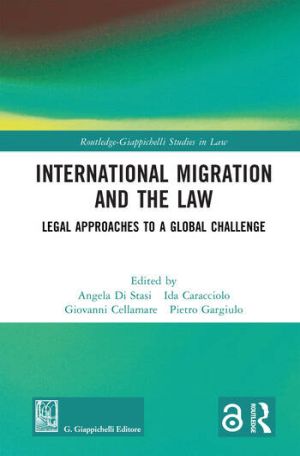
This book discusses existing and future trends concerning the development of migratory policies between local and global levels, to understand the challenges and gaps in the protection of migrants.
The collection explores international migration and its impact on sovereignty, international cooperation, security, and human rights. In particular, it takes into account the composite framework of international and national rules, and the role of judicial and monitoring bodies in protecting the rights of migrants, with the aim of assessing the state of the art, identifying the gaps, and formulating possible remedies. The work of some international organizations such as the UN and its specialized agencies and the European Union is investigated, together with a set of regional practices such as those of Latin America and South-East Asia, and countries, such as Mexico, Georgia, Tunisia, Italy, and the United States. The issues of the fundamental rights of migrants in the European legal order are also addressed, including the emerging scenarios related to recent crises like the one generated by the war in Ukraine.
This timely collection will be essential reading for academics, researchers and policy-makers working in the areas of Migration Law, Asylum and Refugee Law, International Law, International Organizations, EU Law, International Human Rights Law, International Humanitarian Law, Comparative Law and Socio-Legal Studies.